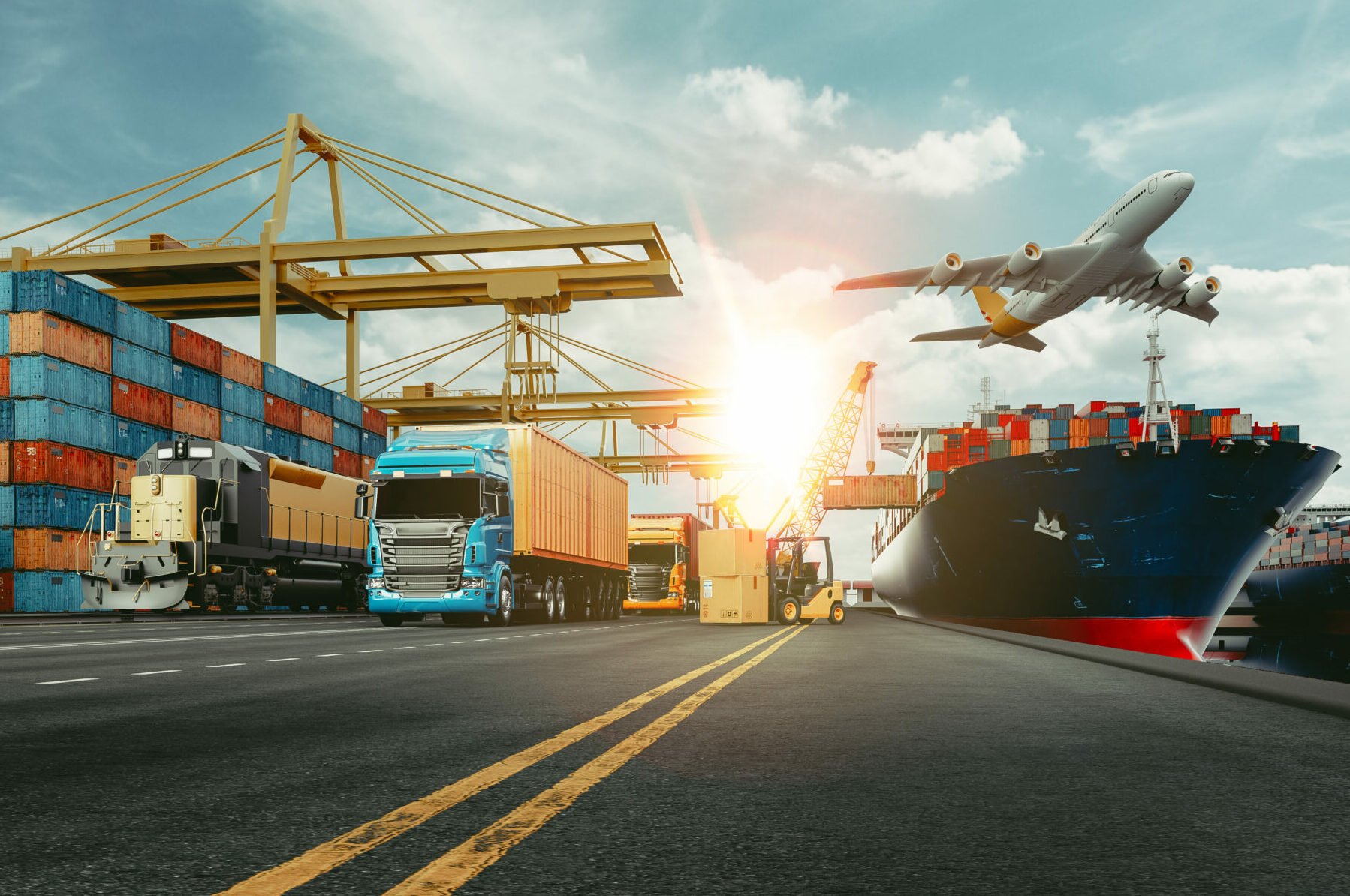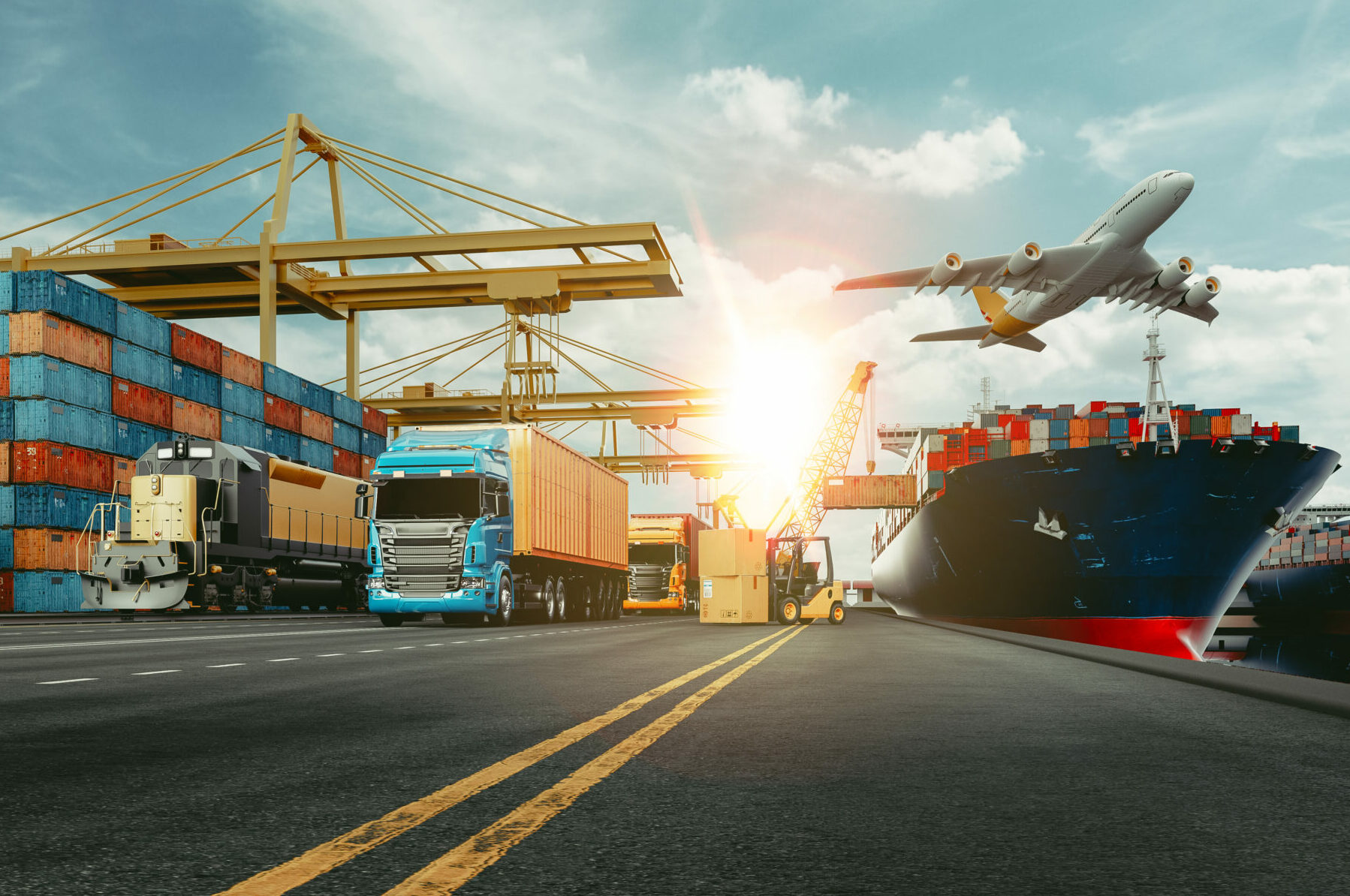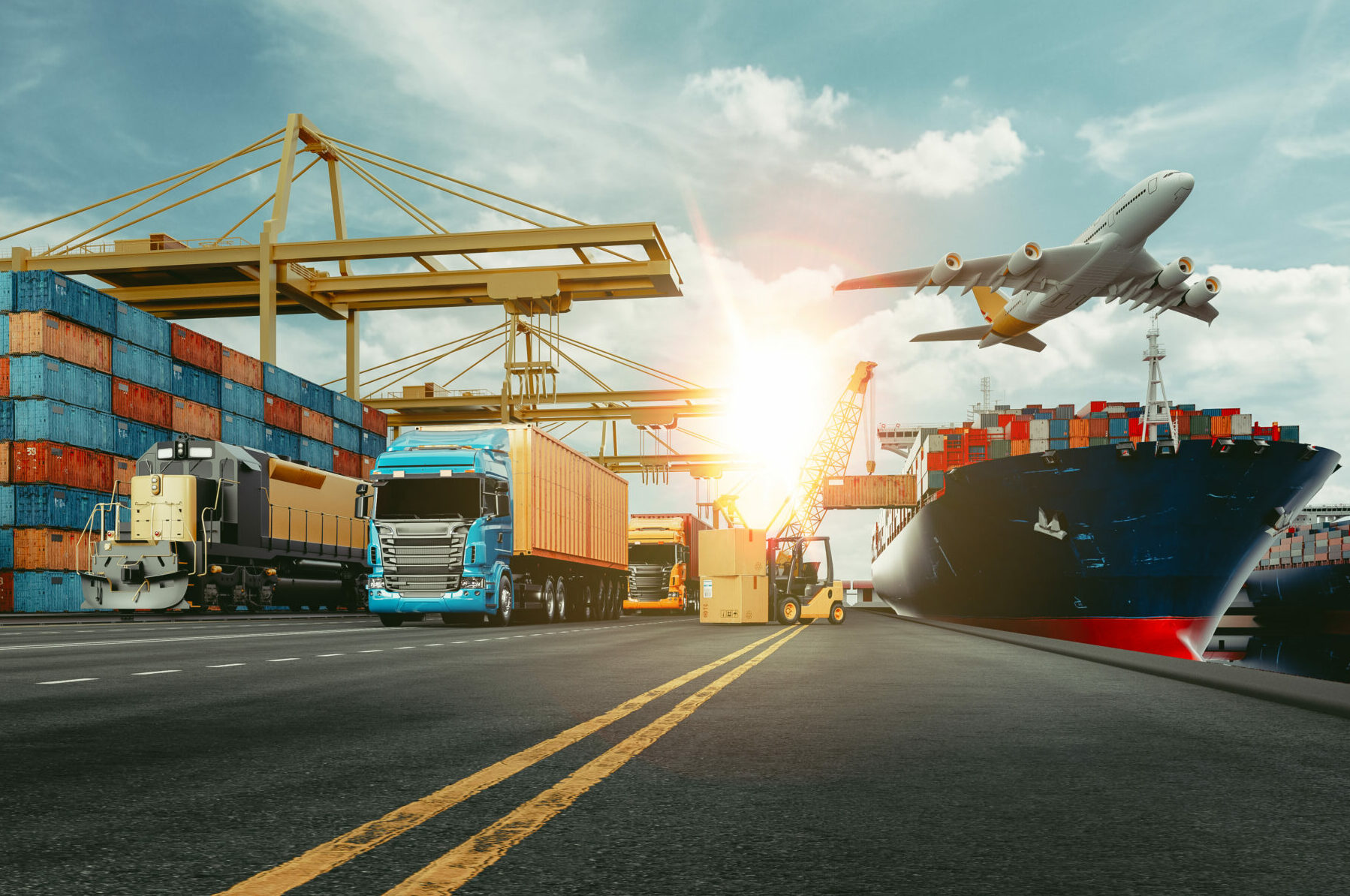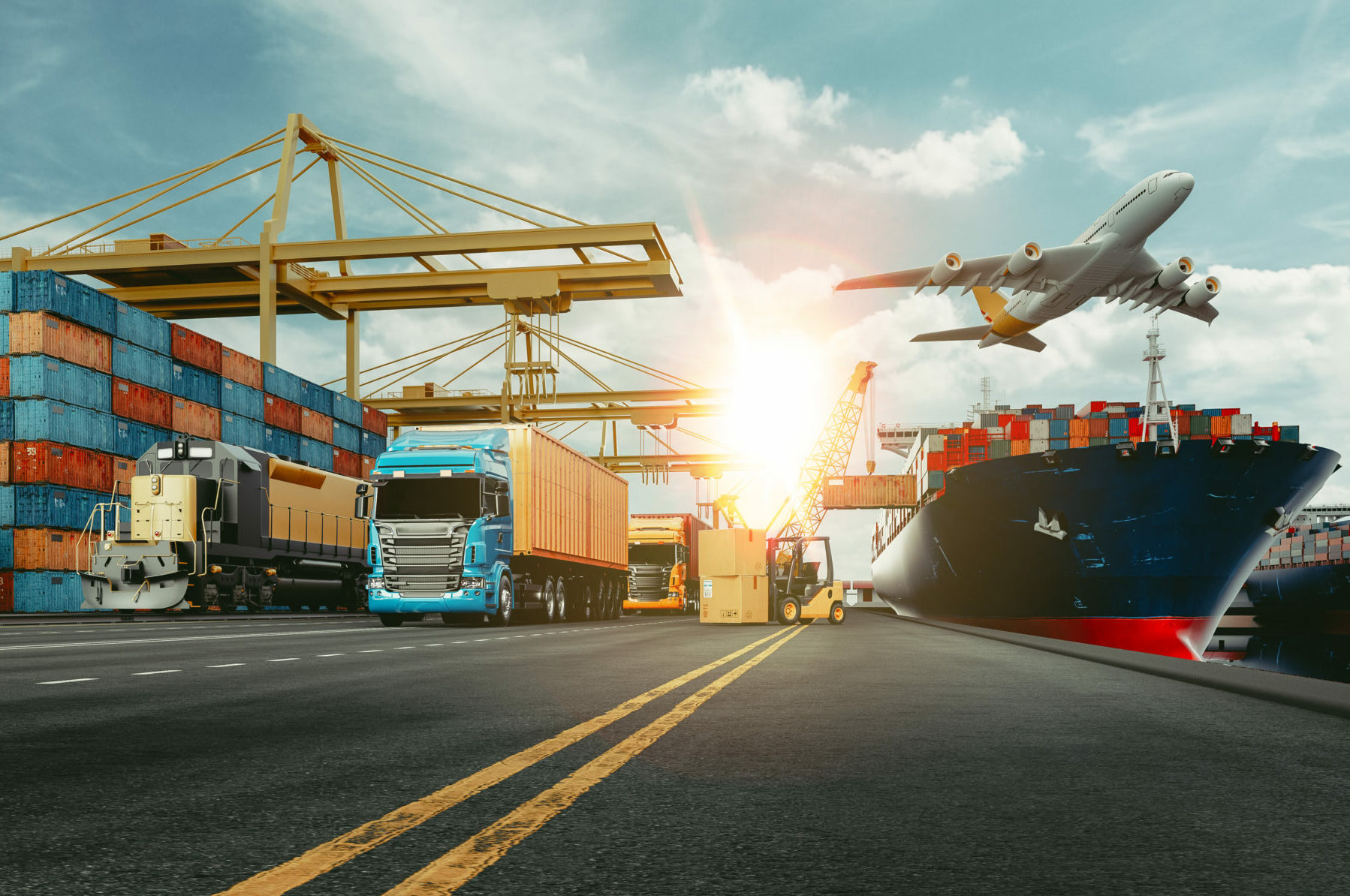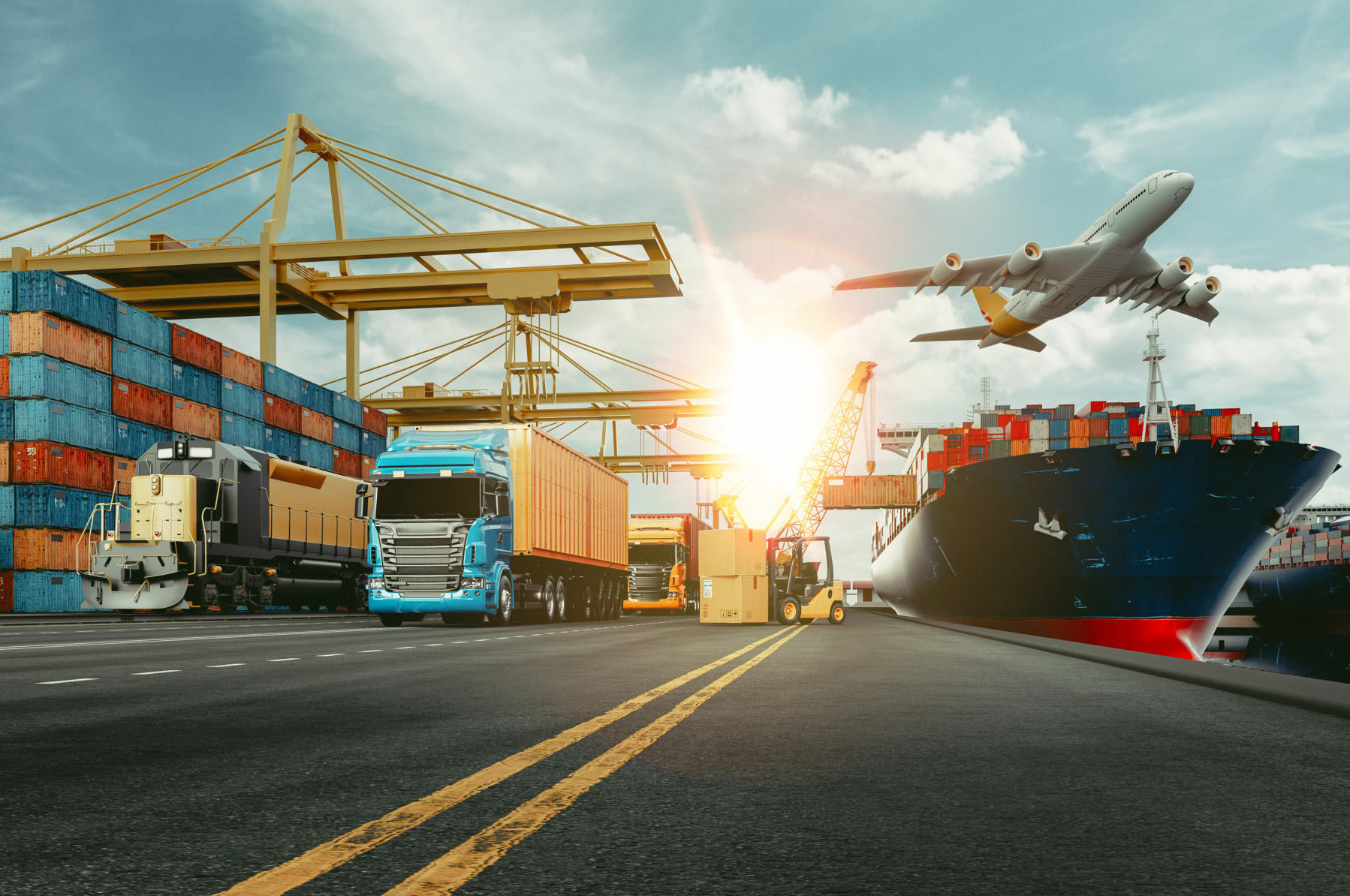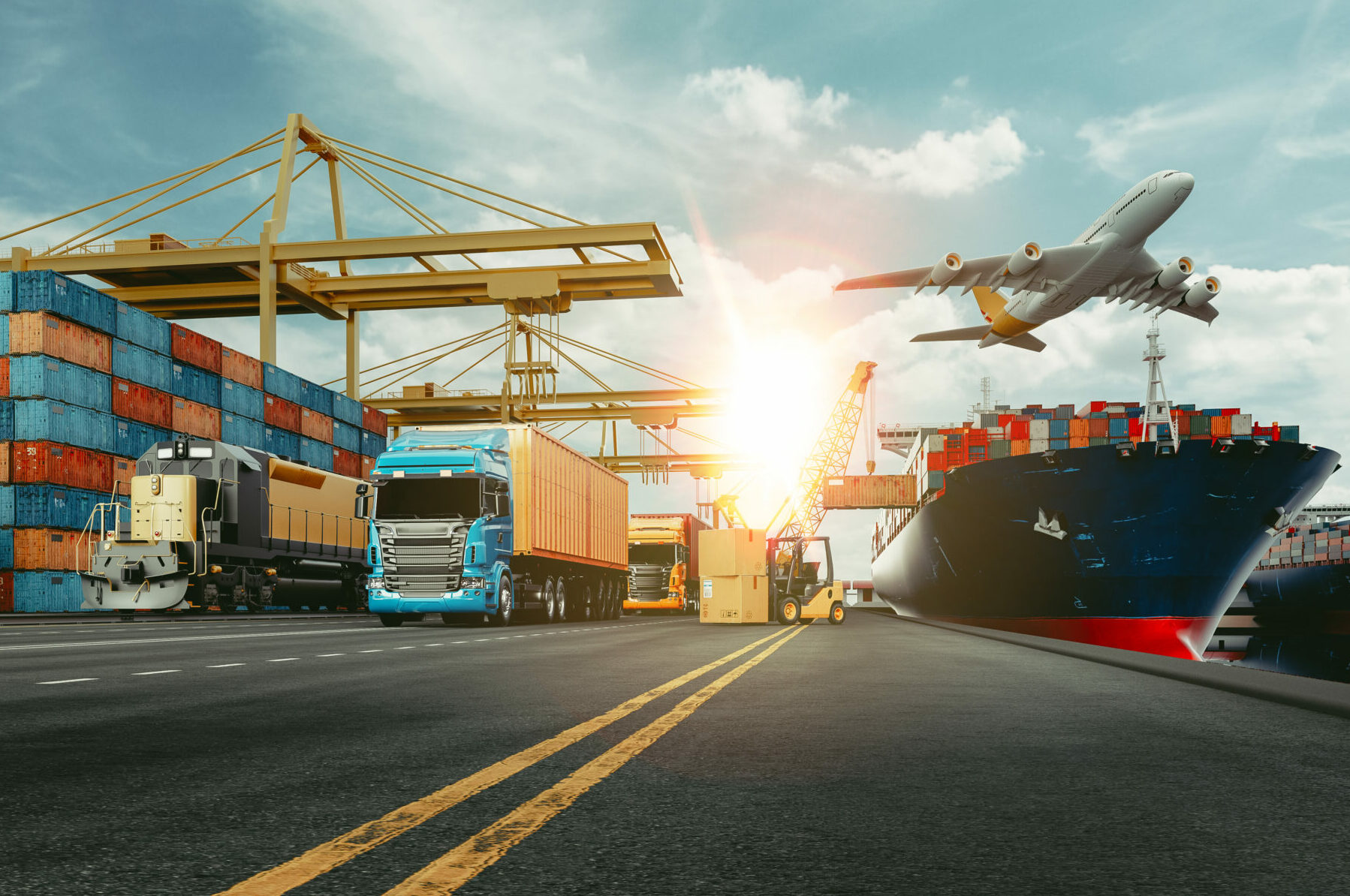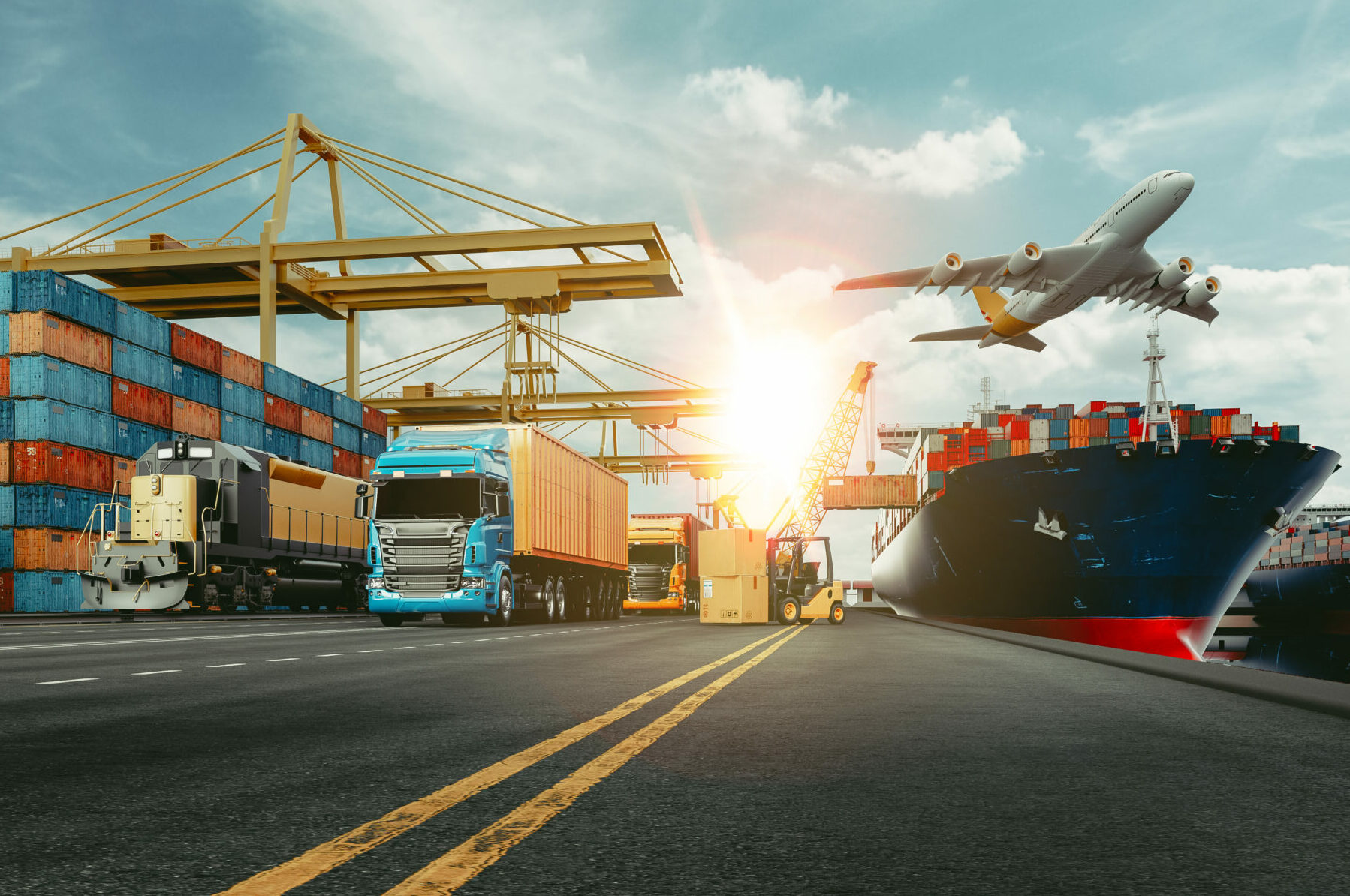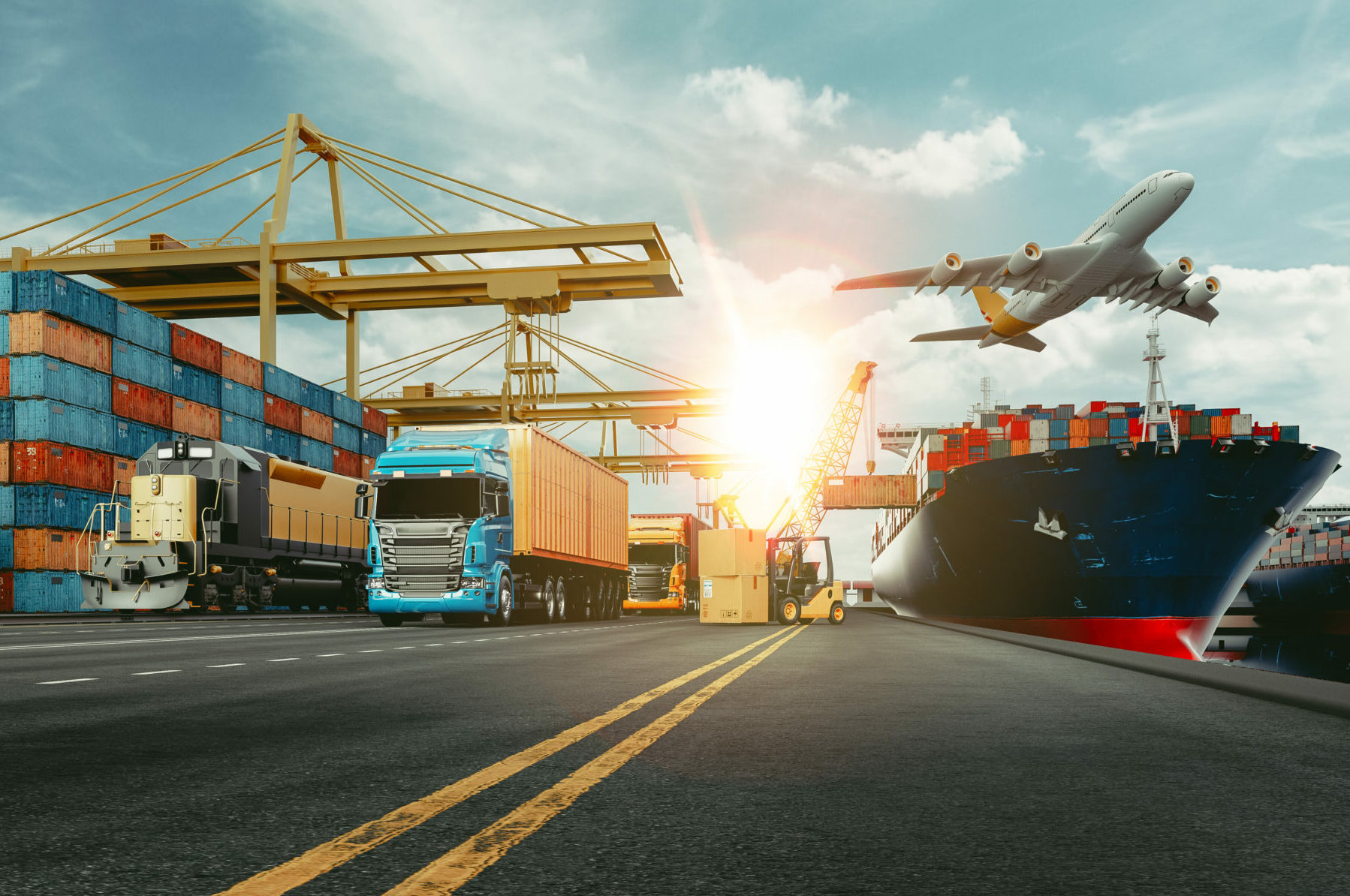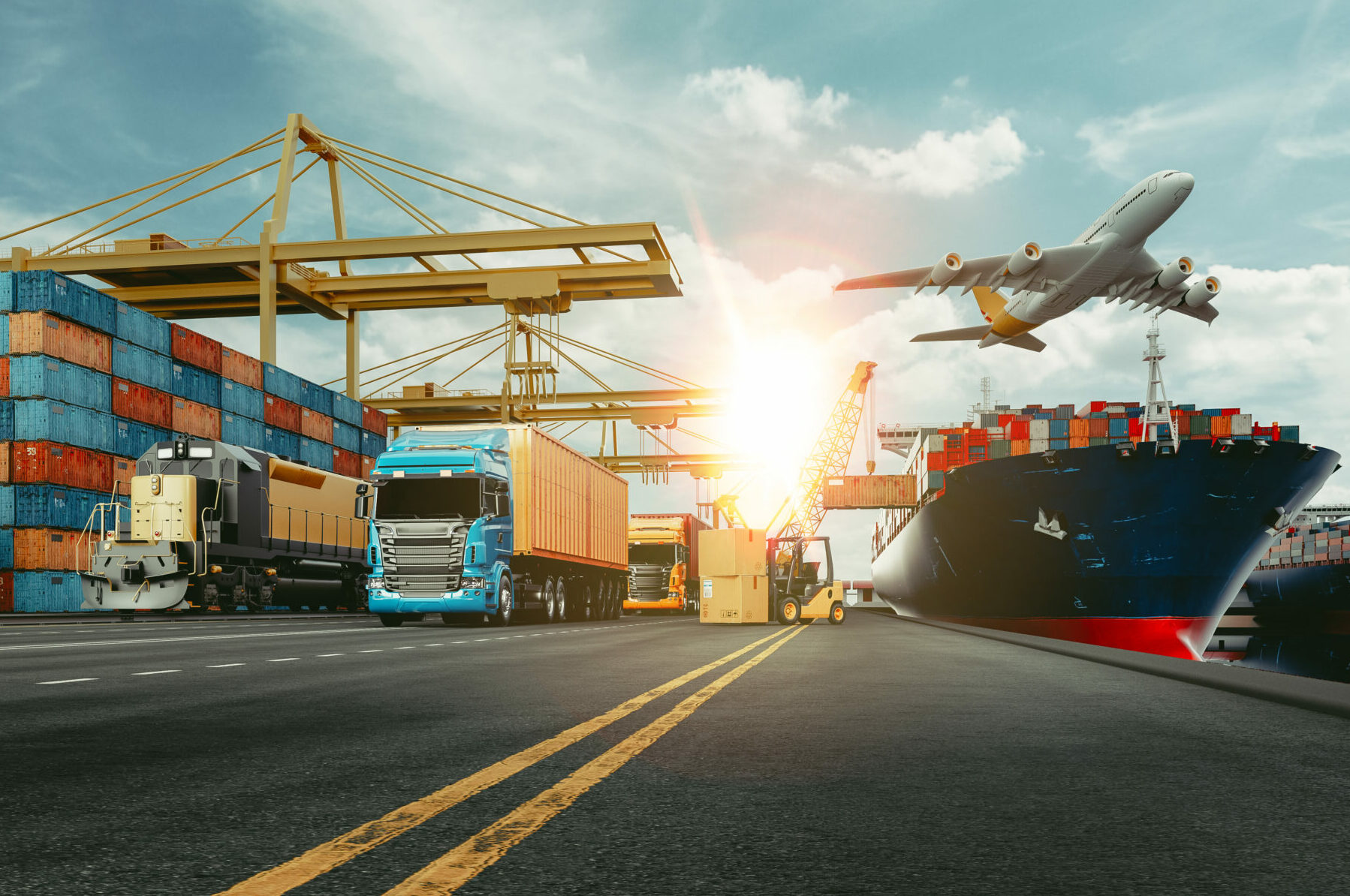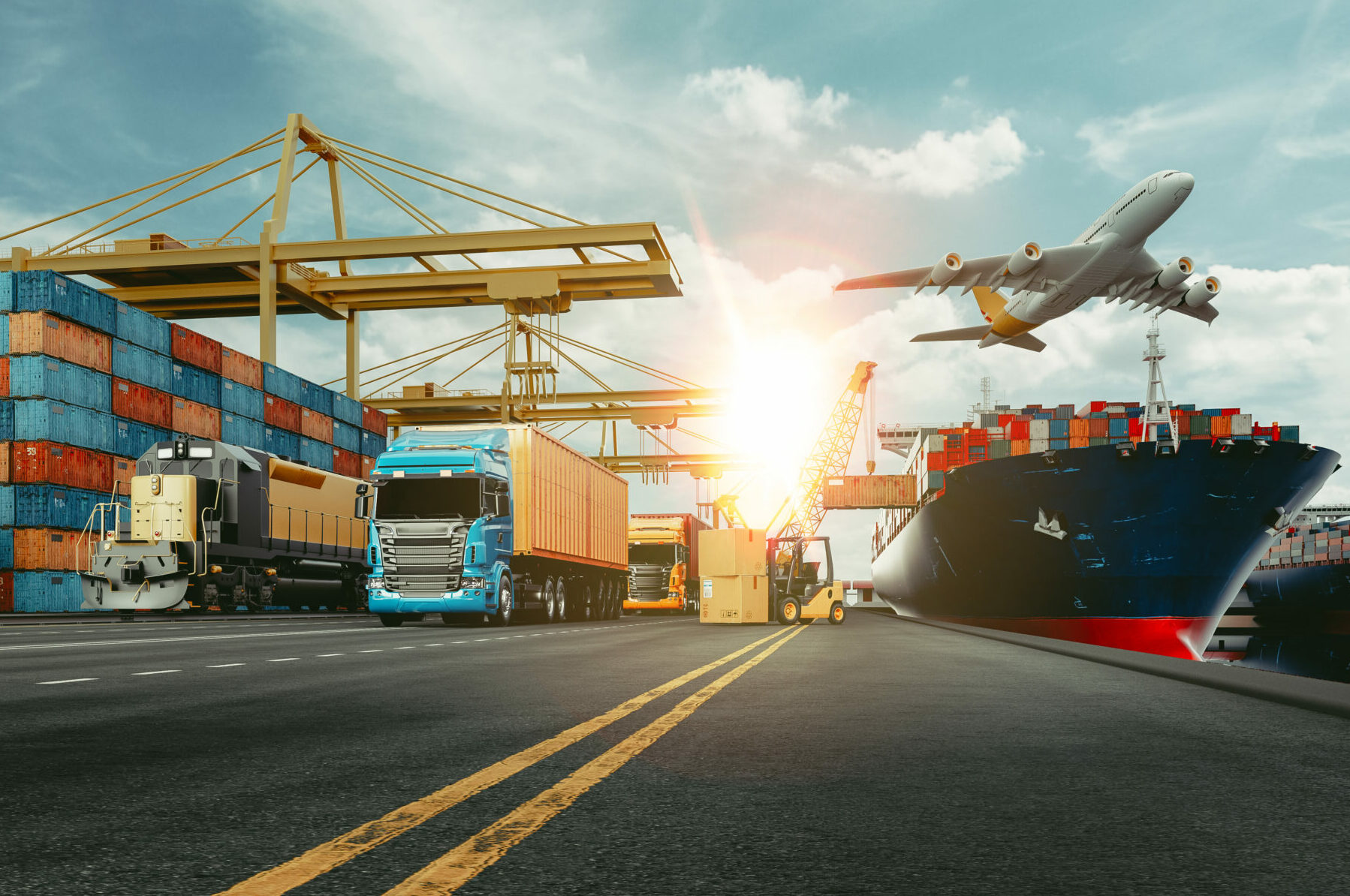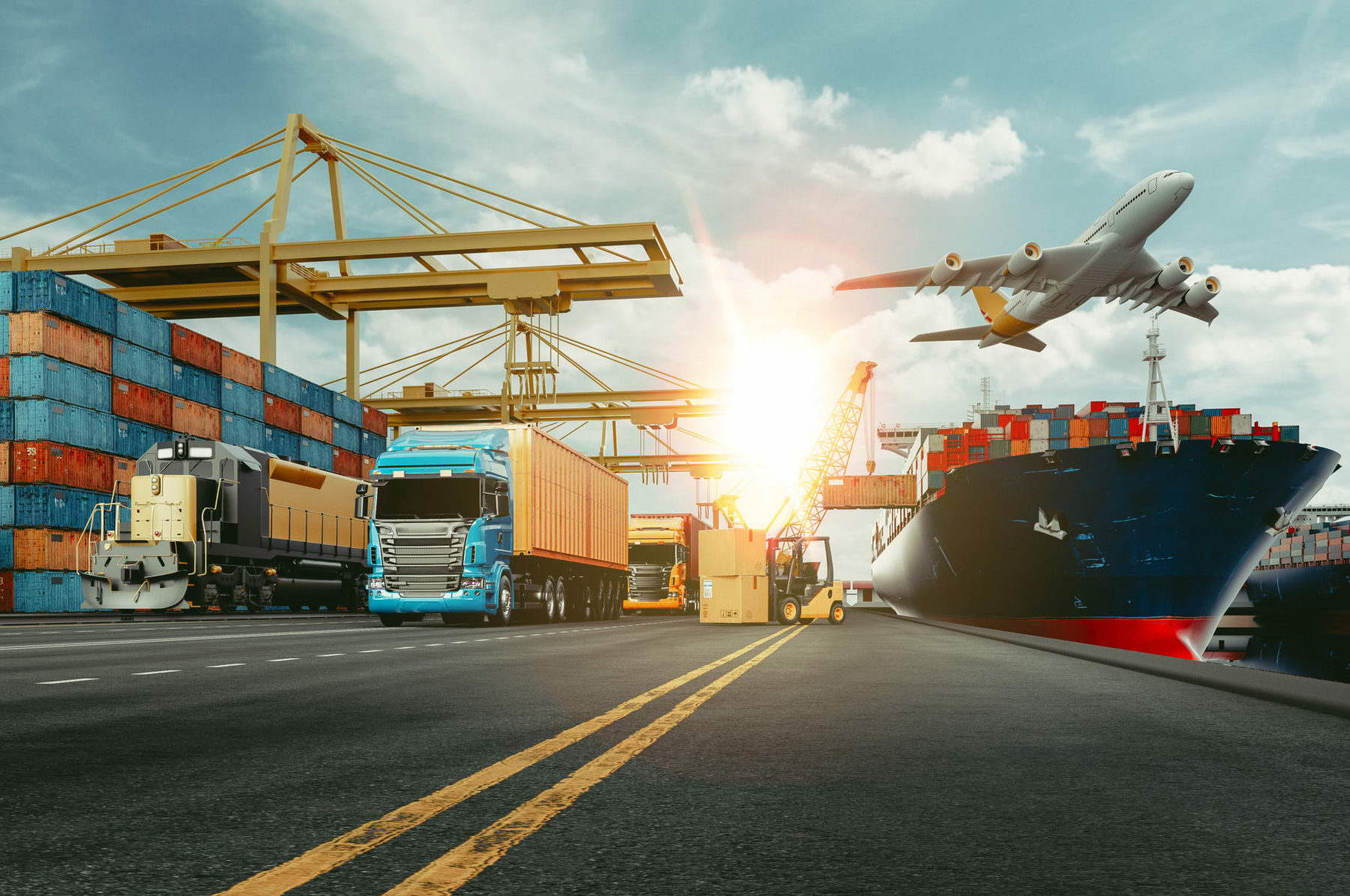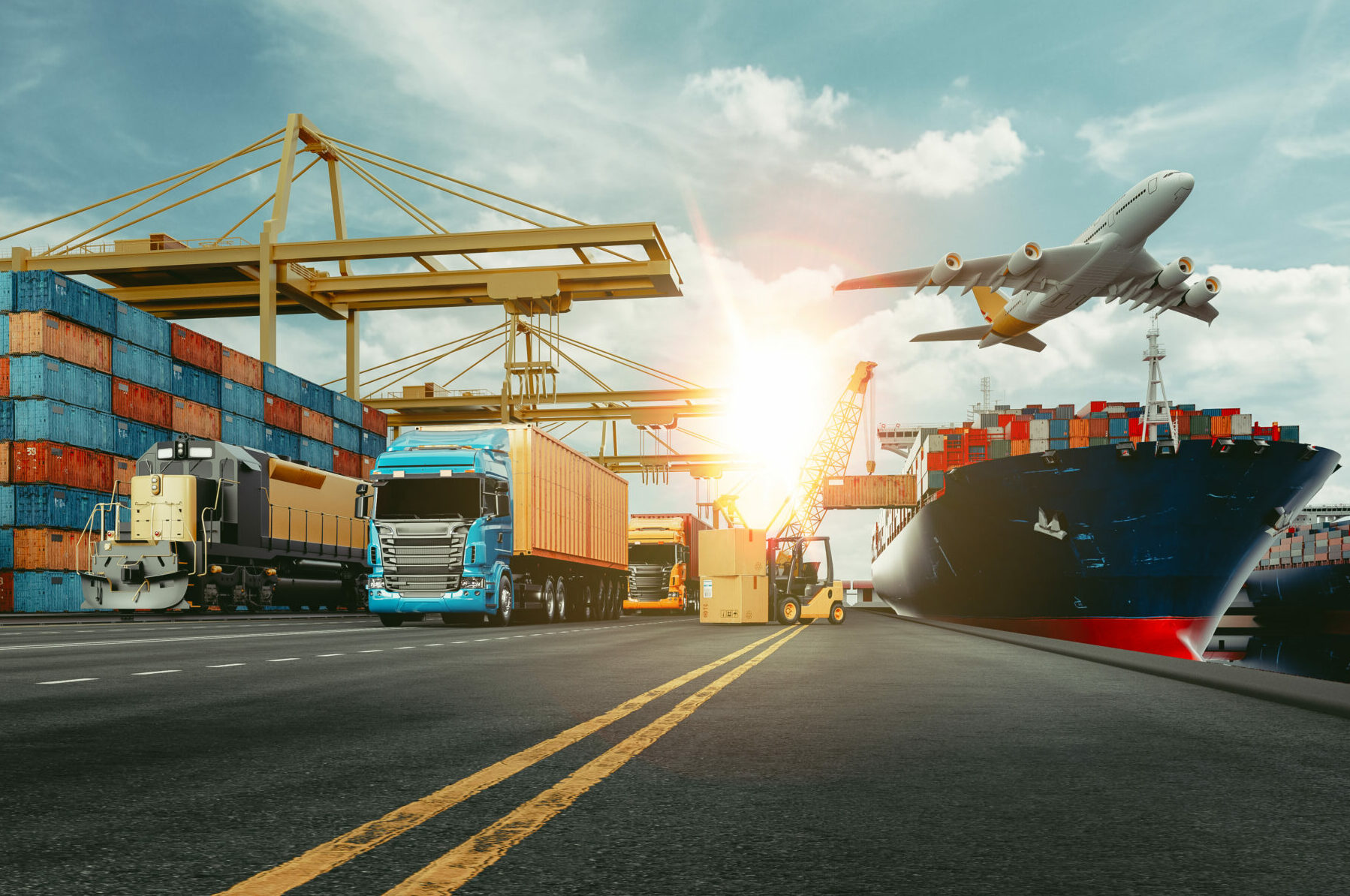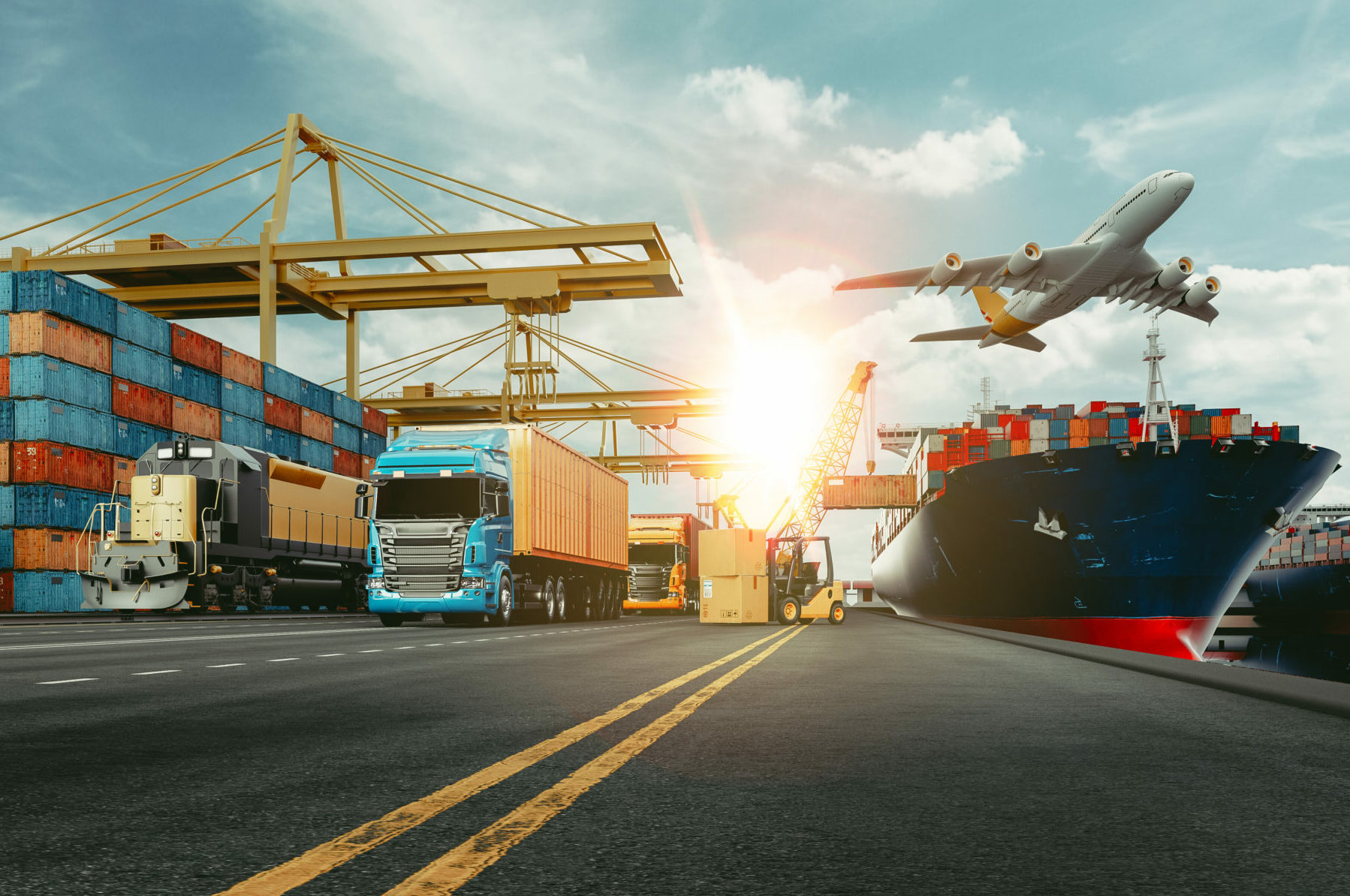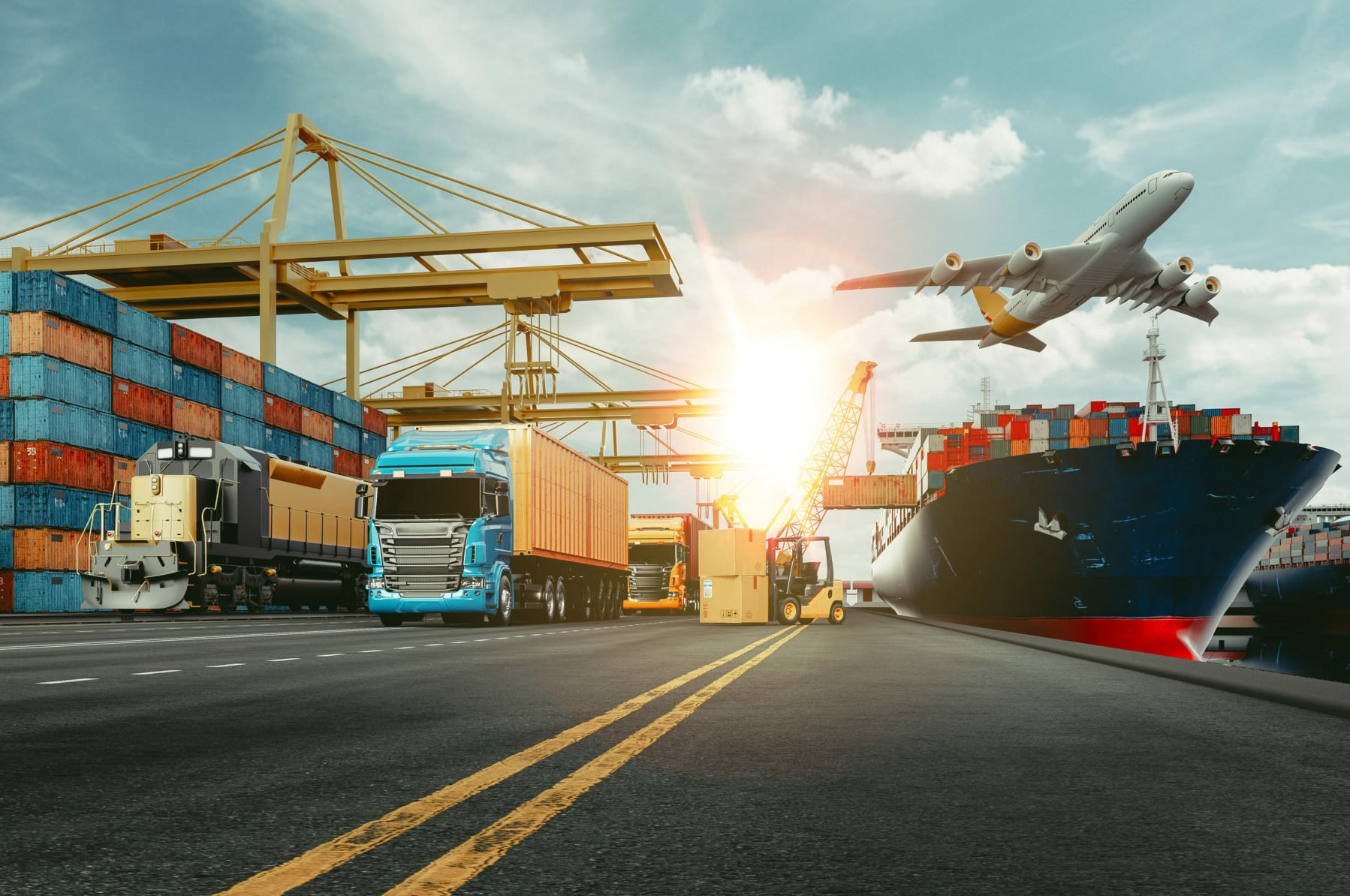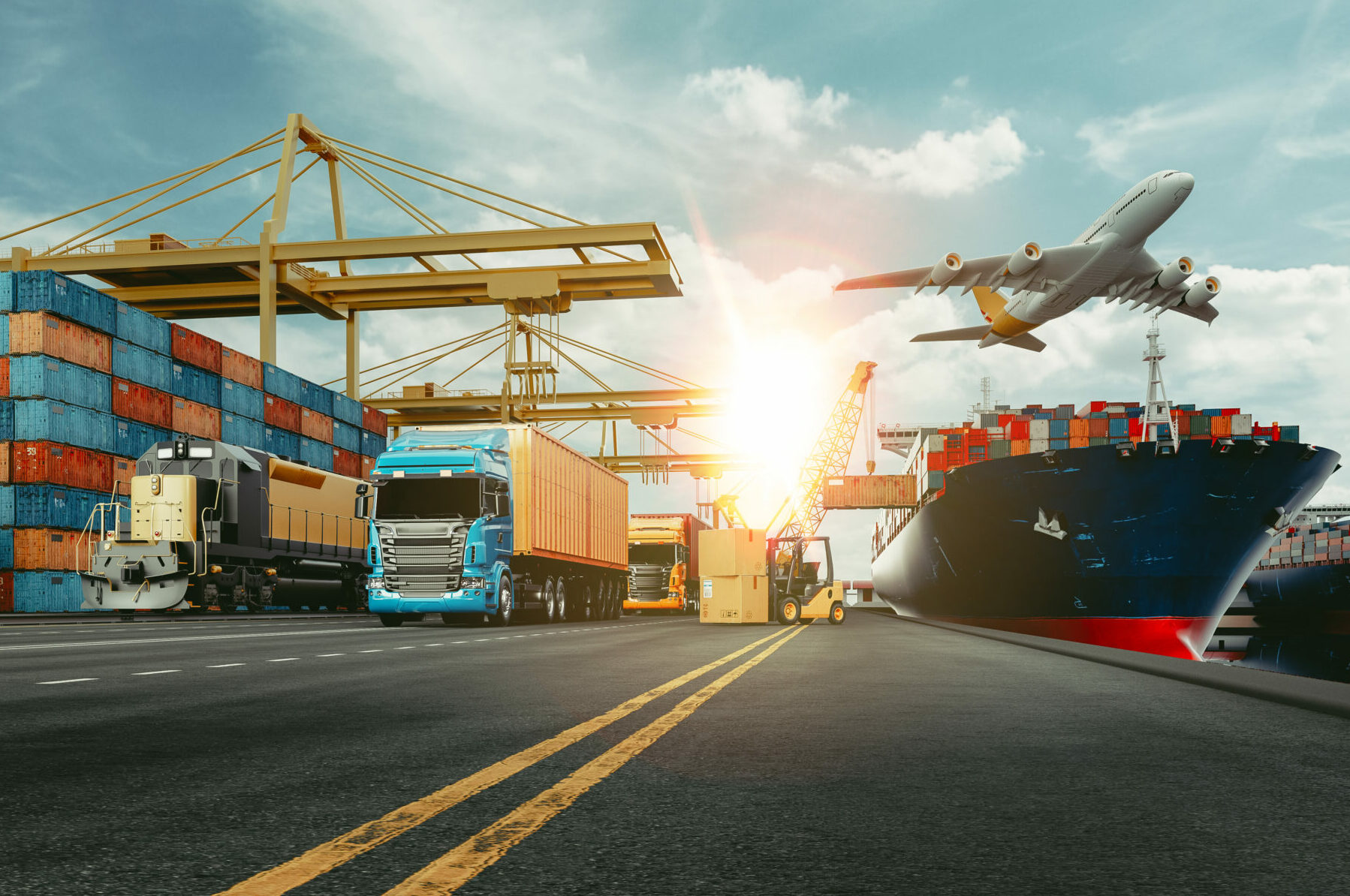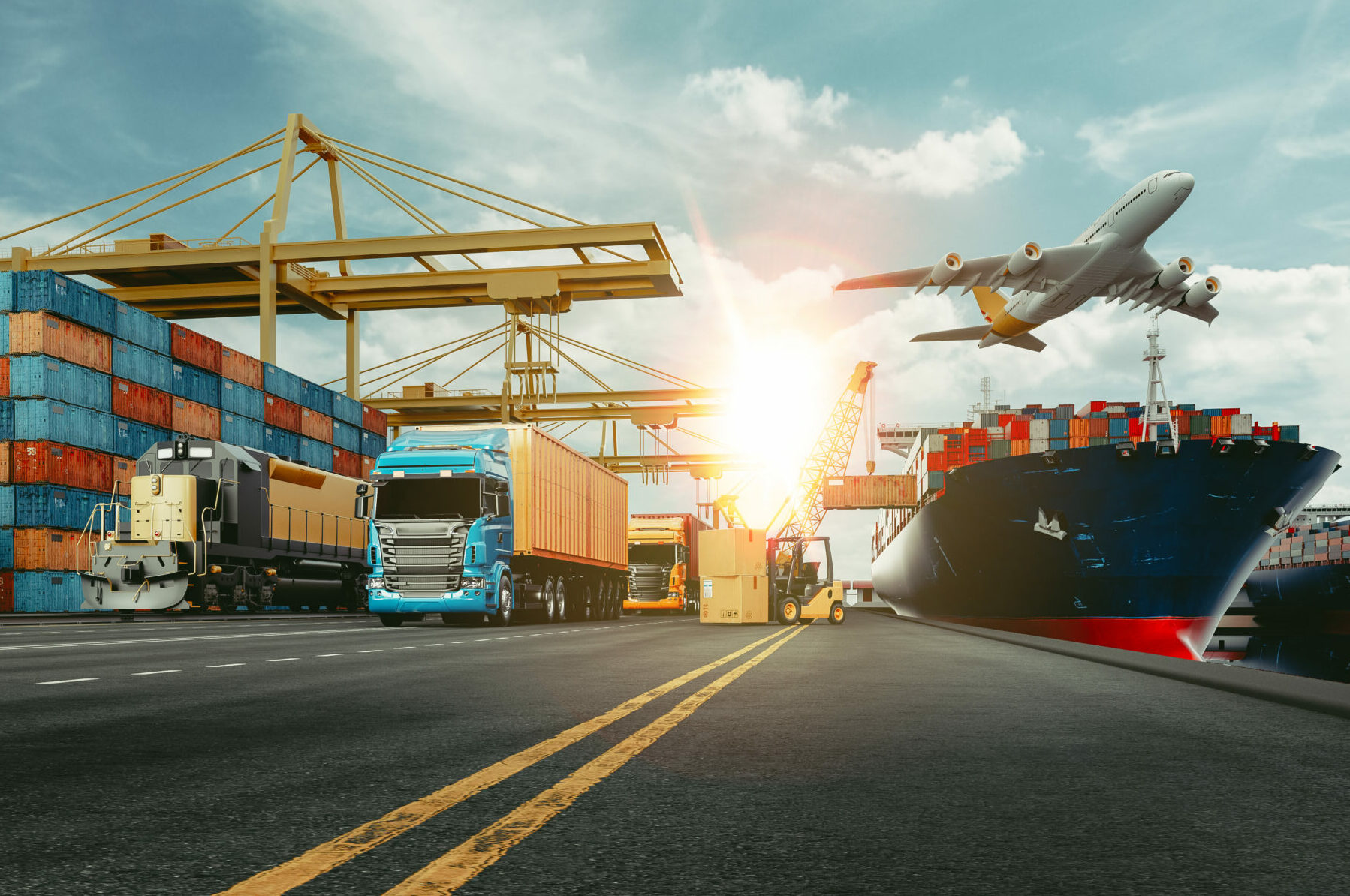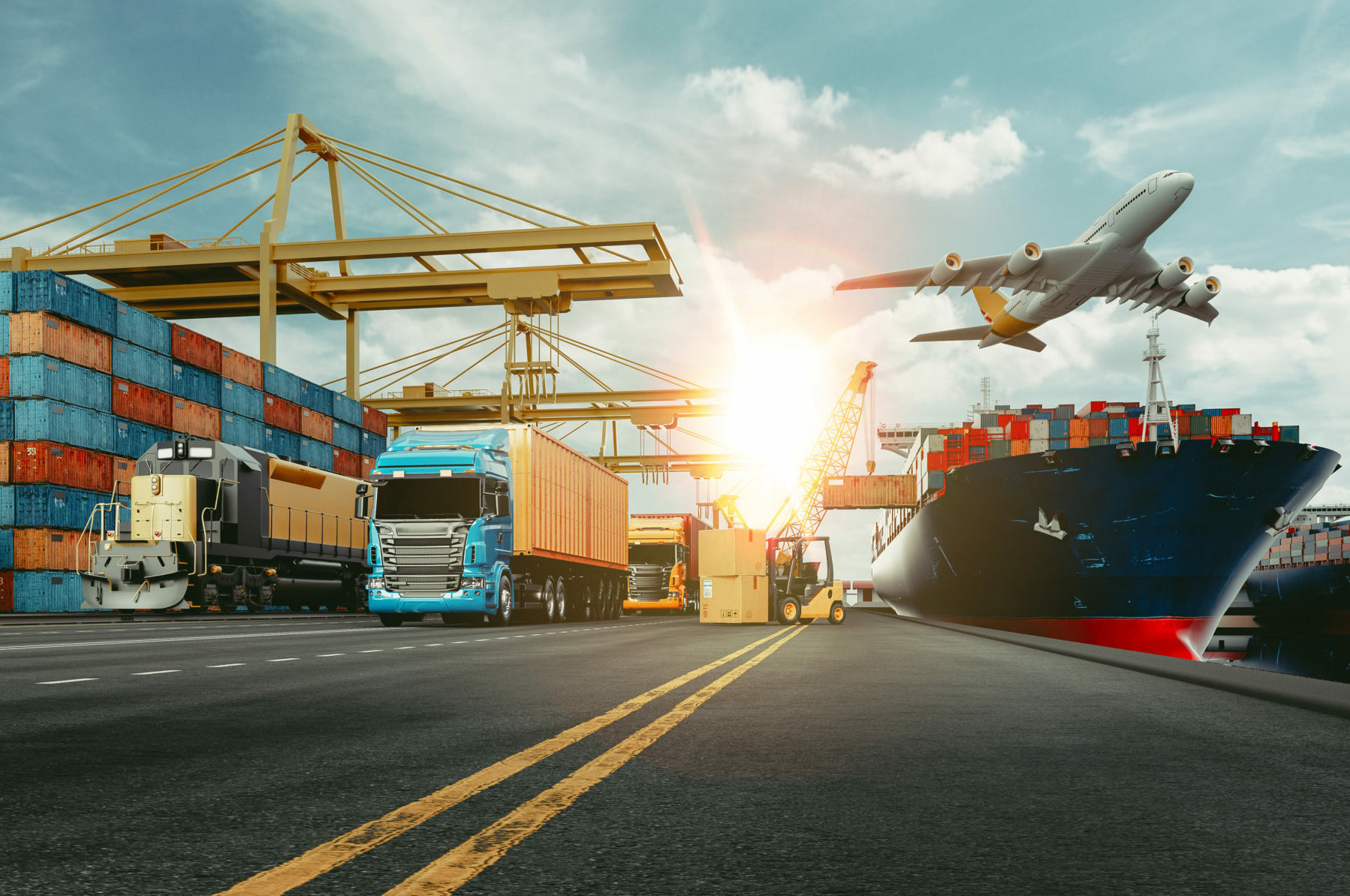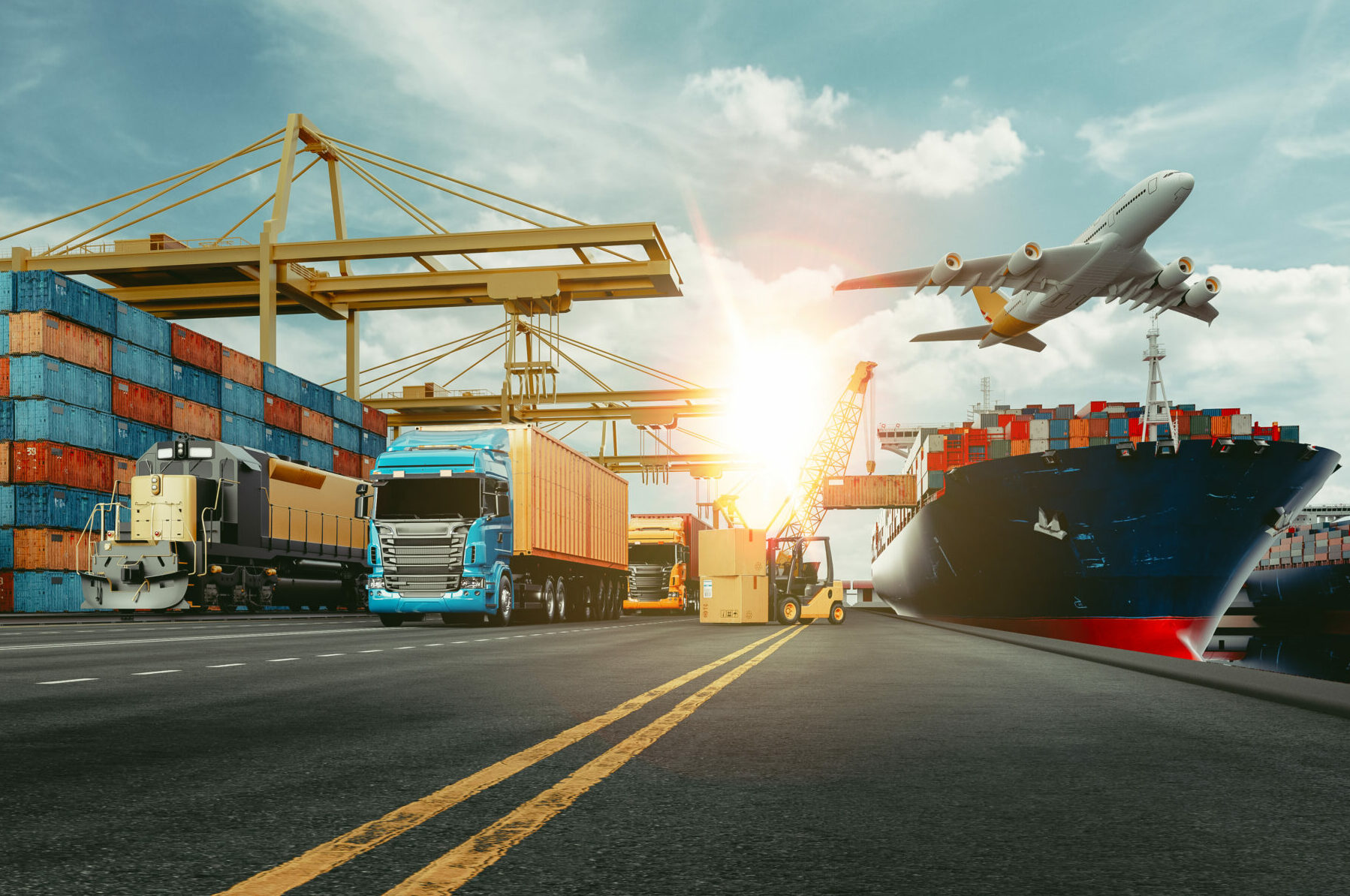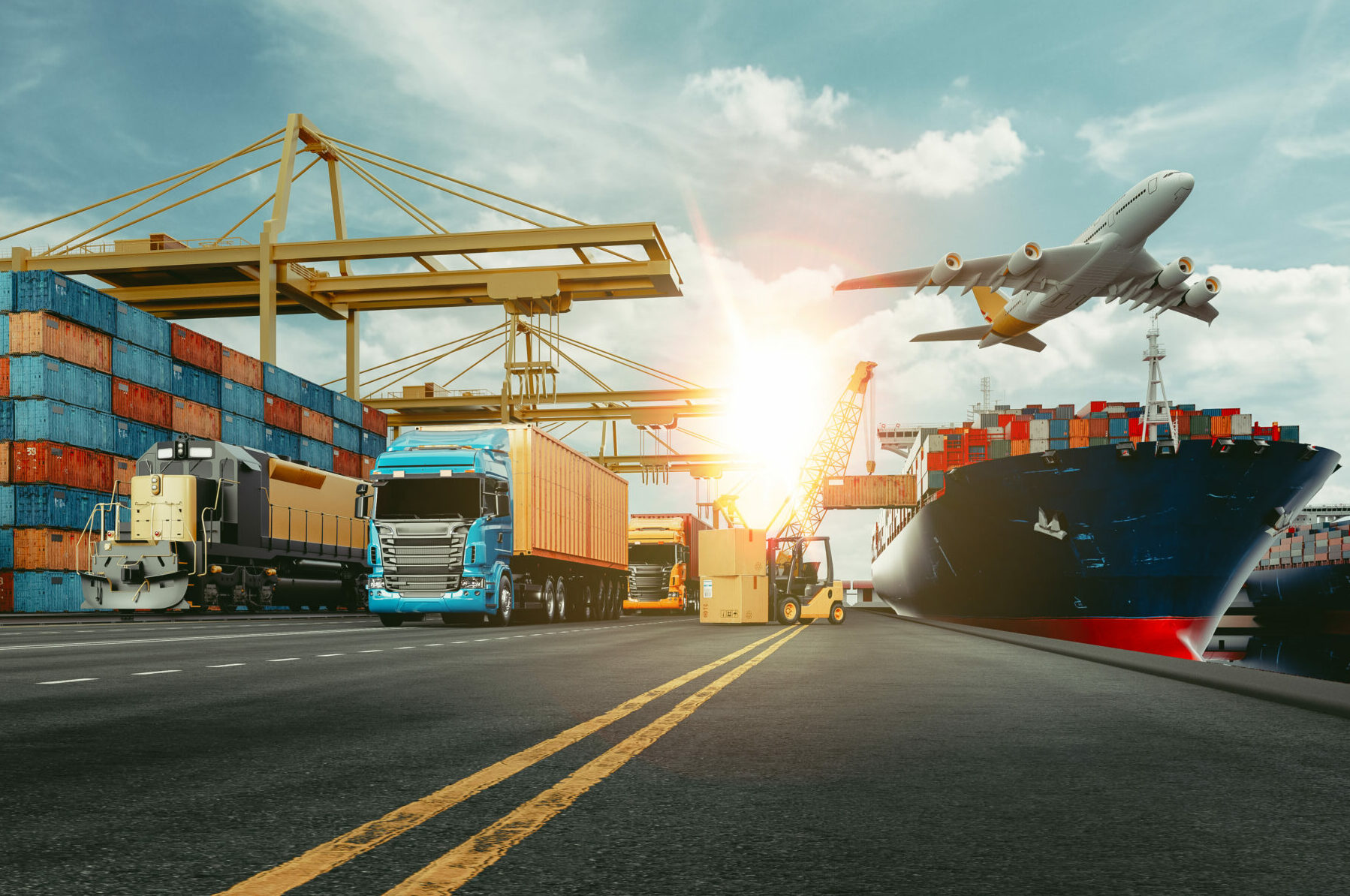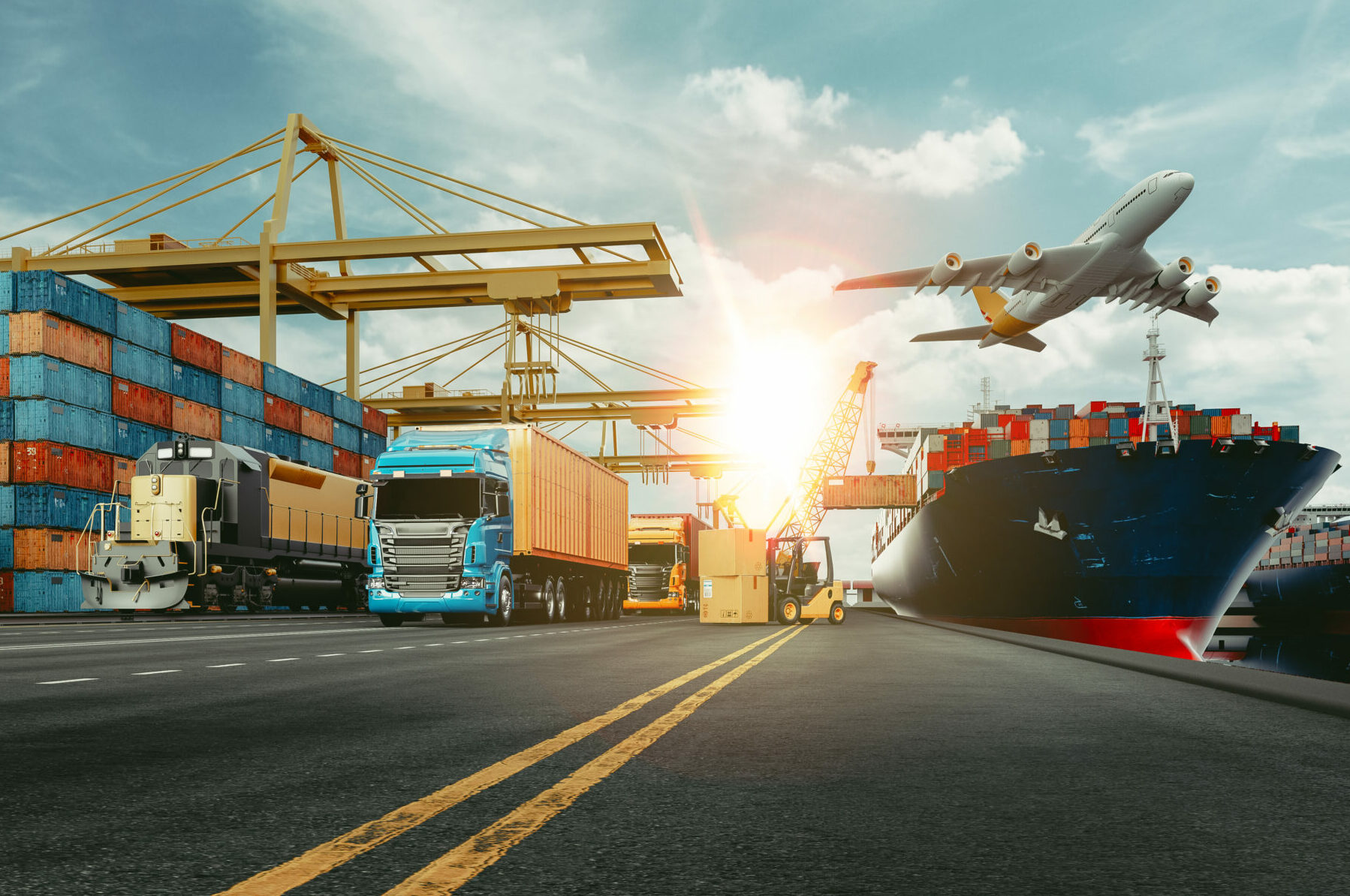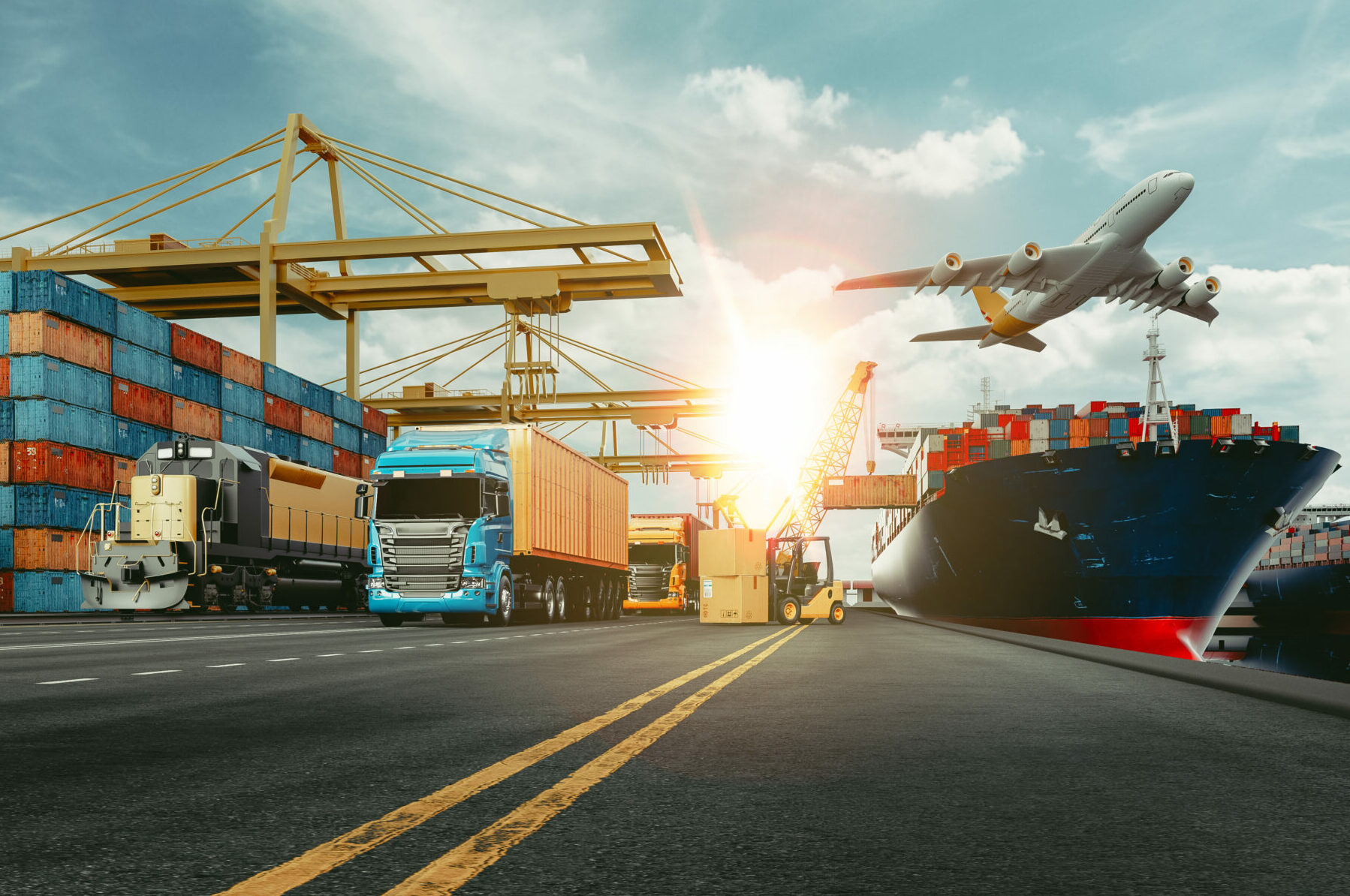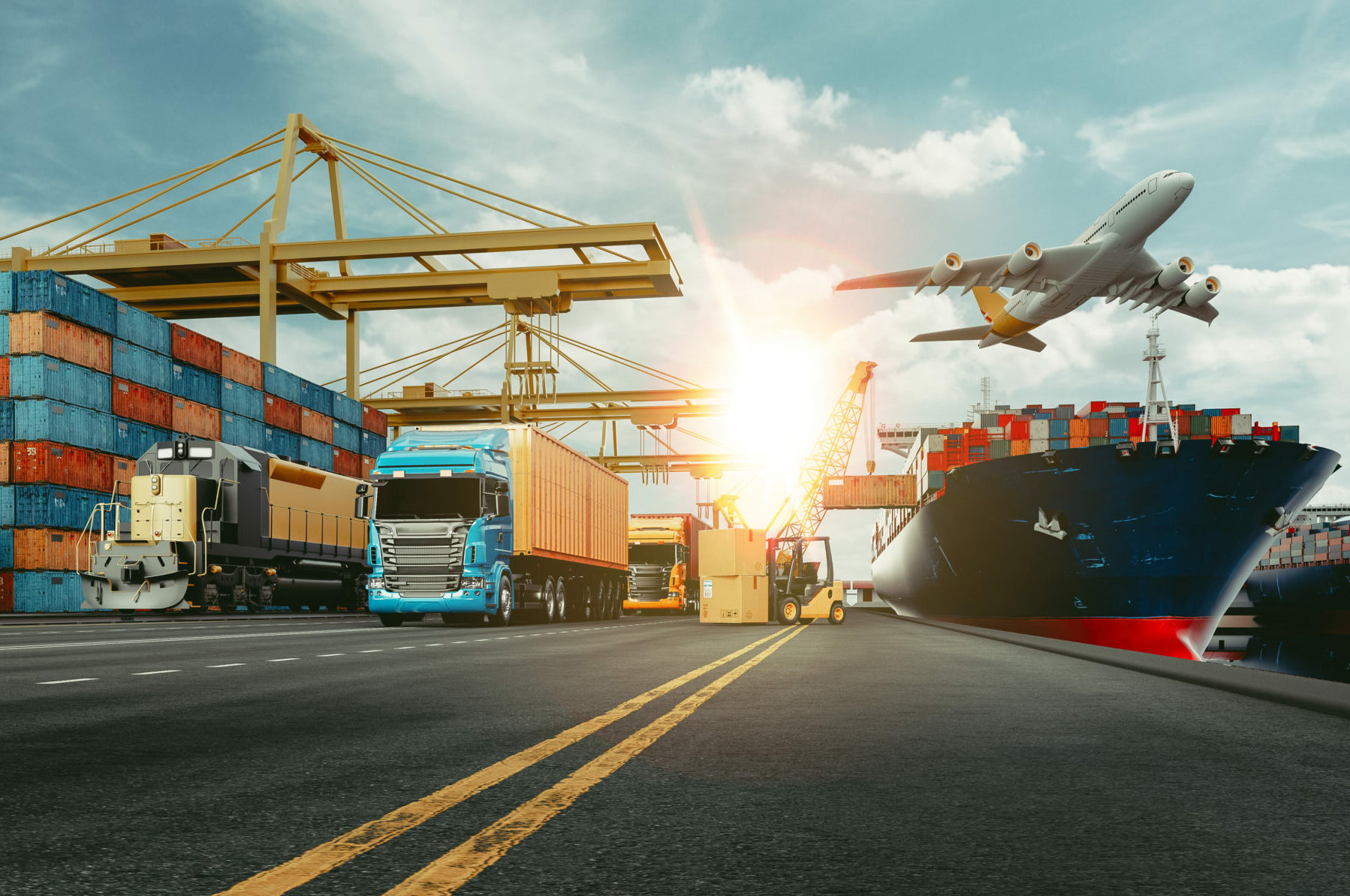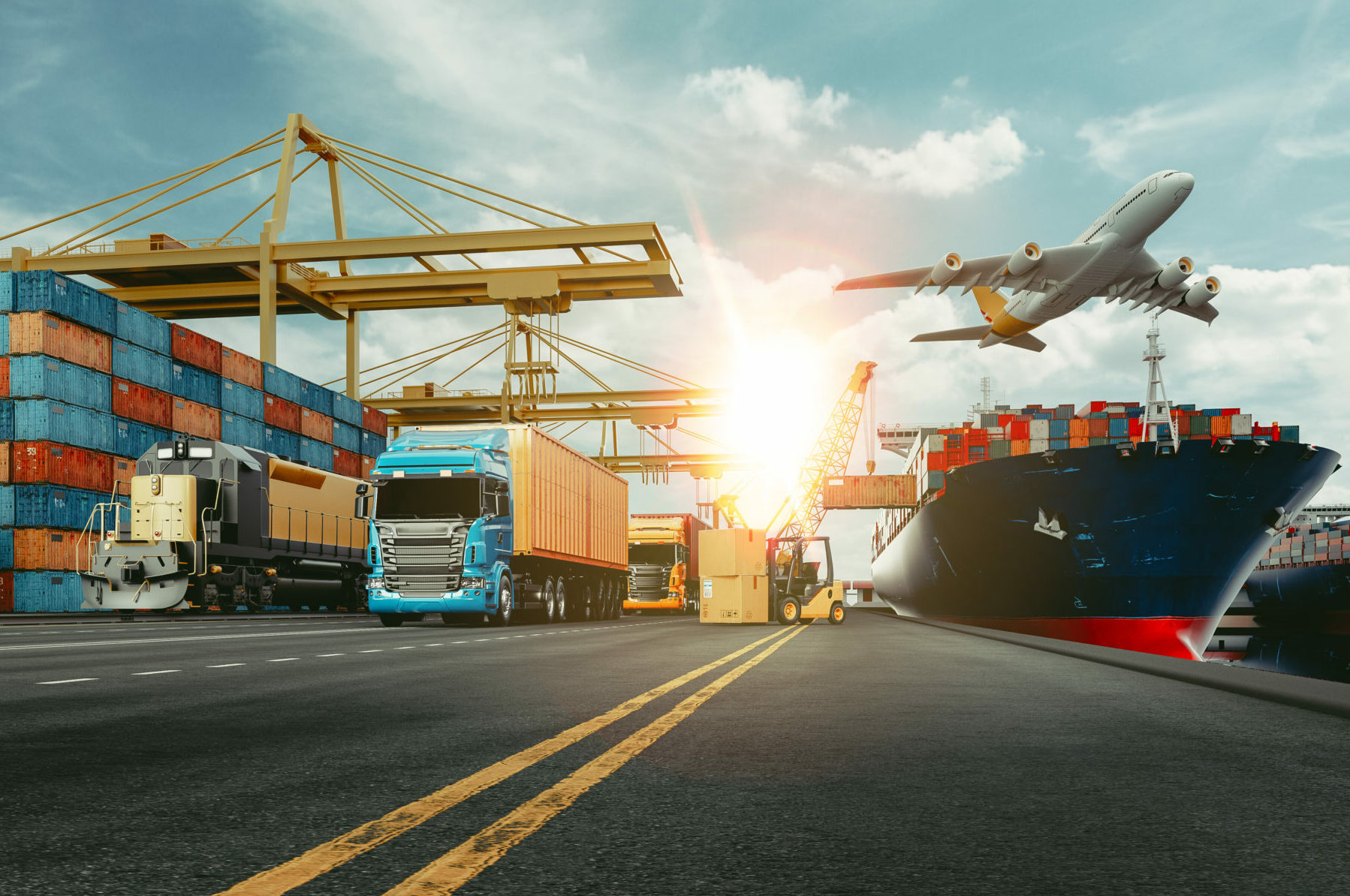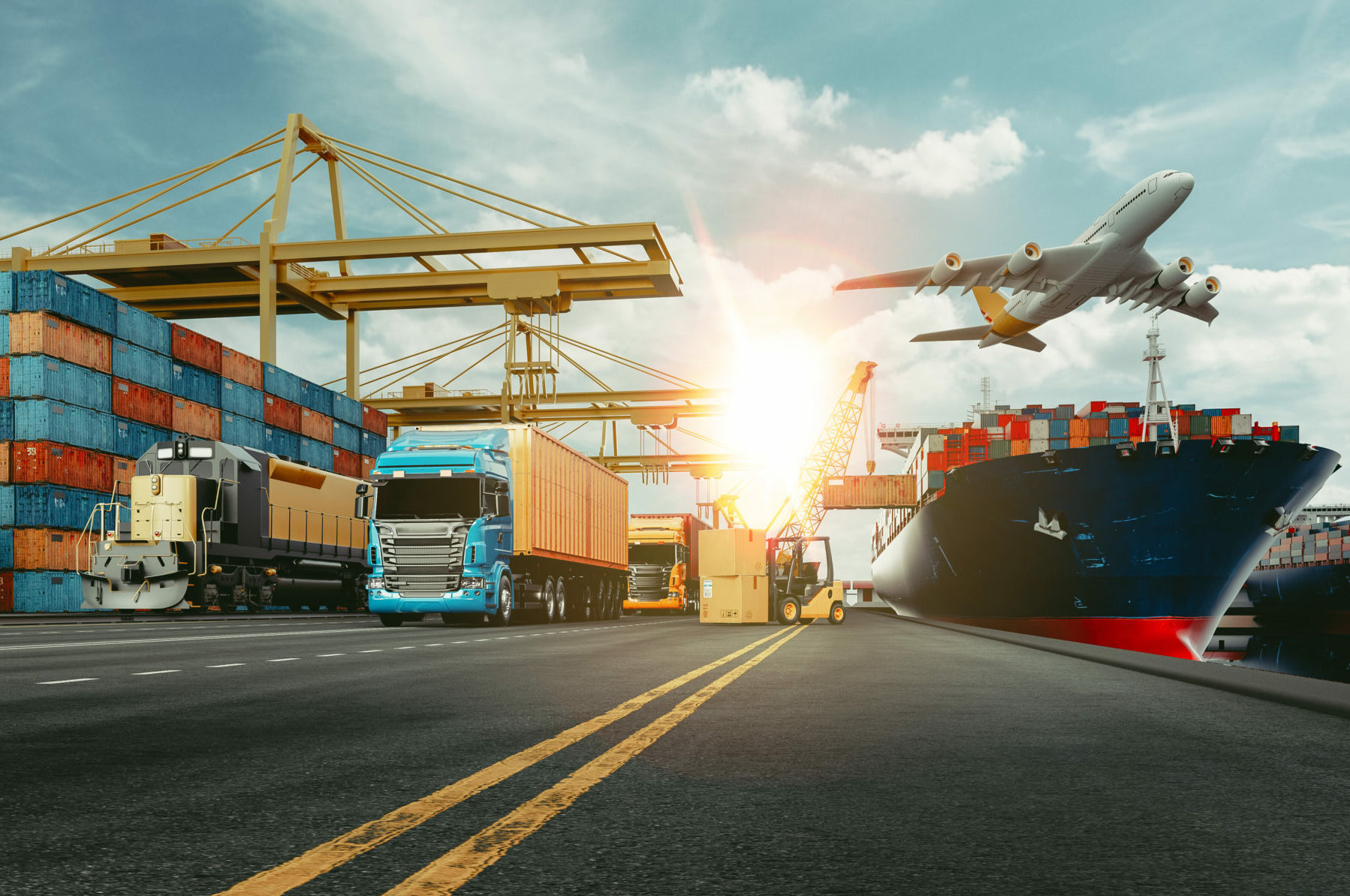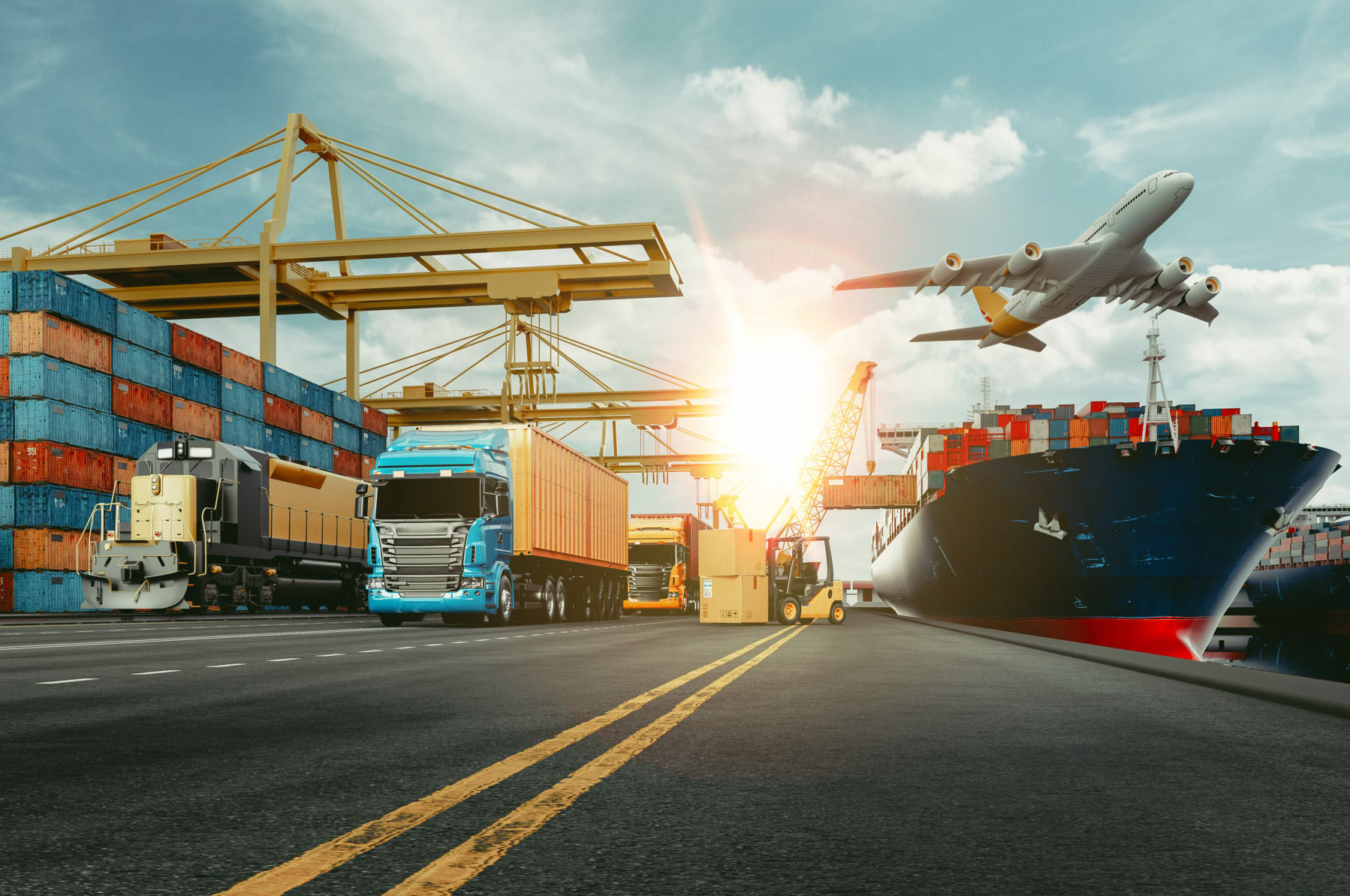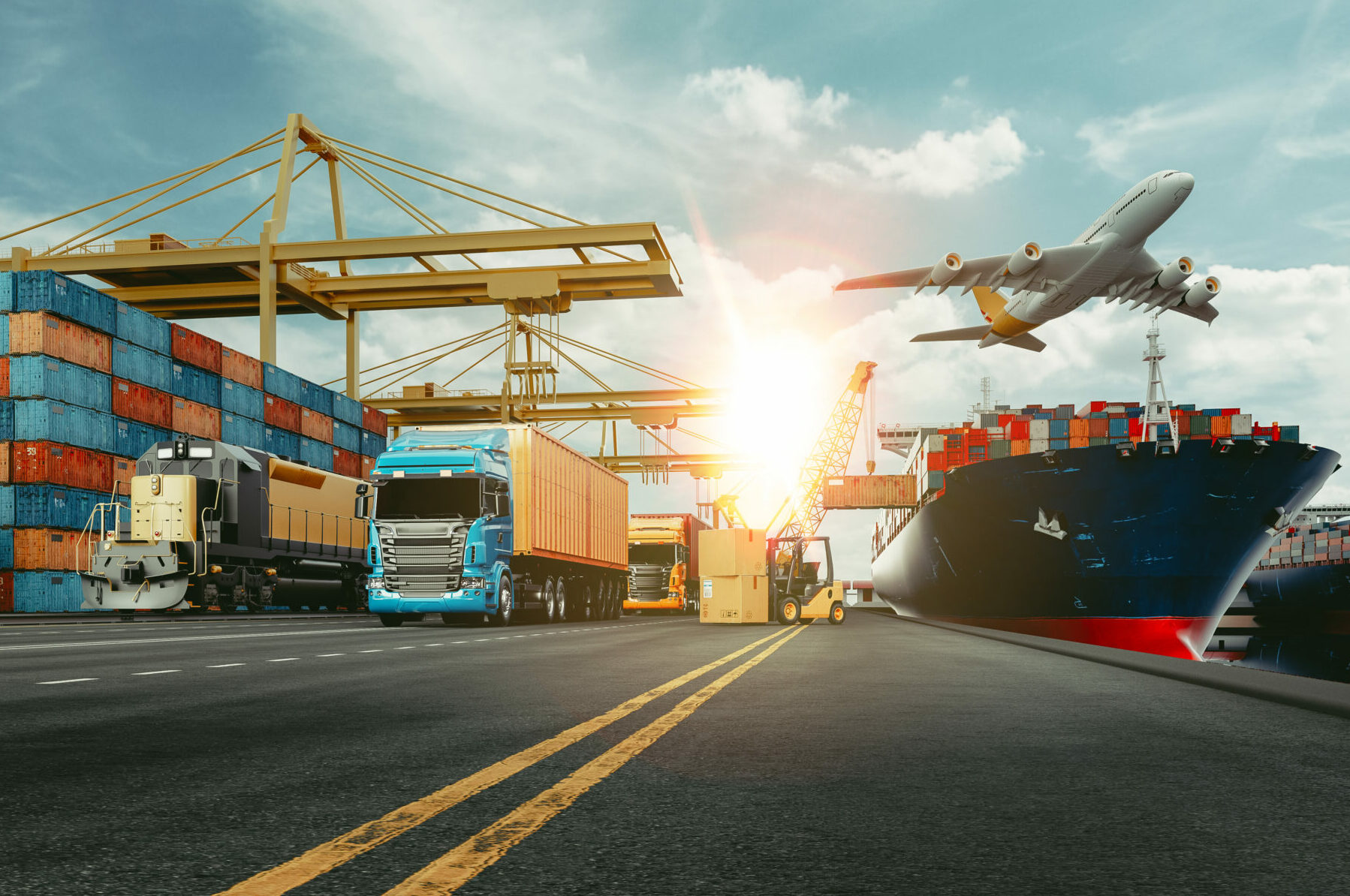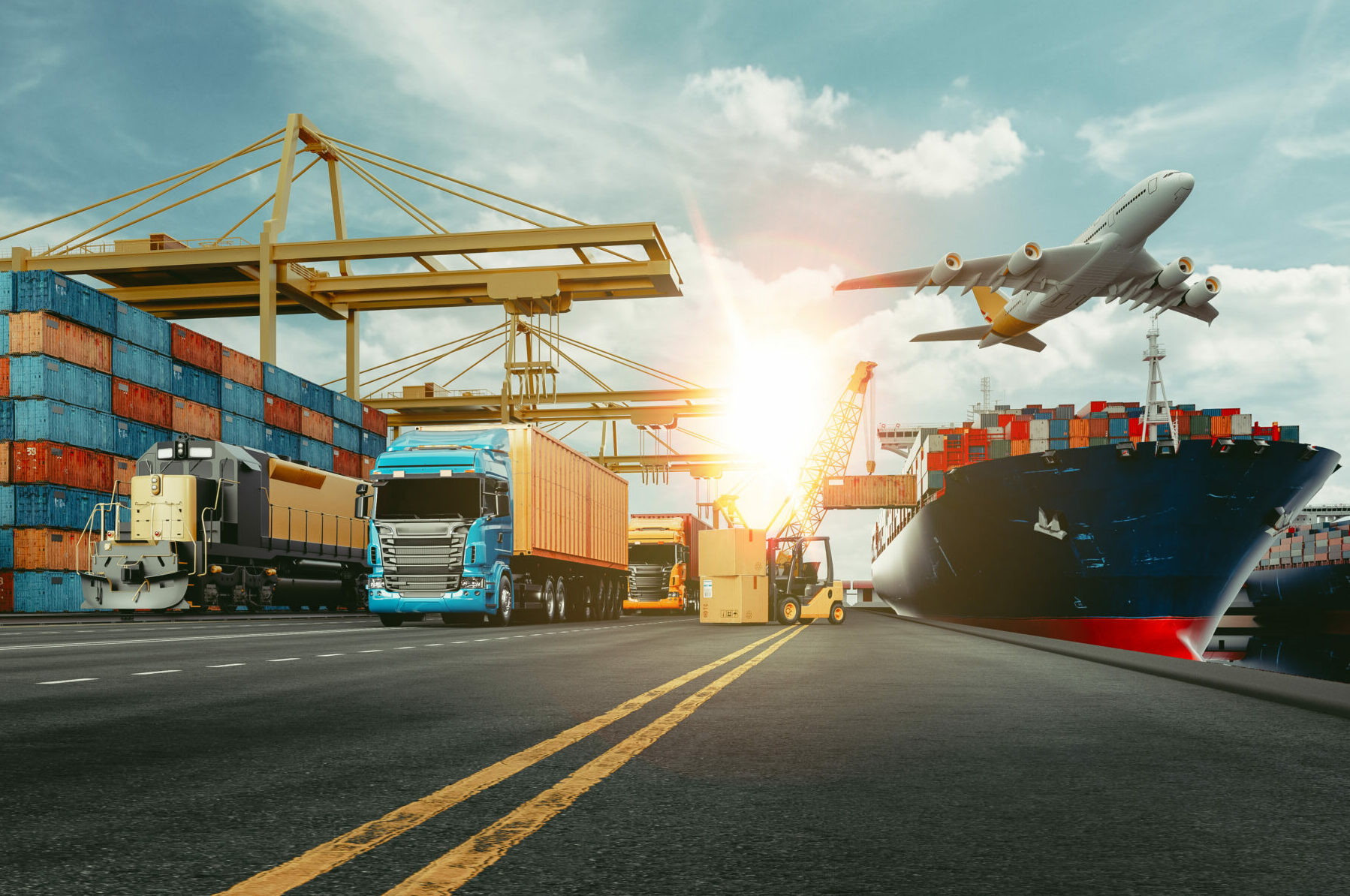The cargo forwarding industry handles billions of pounds worth of goods annually, with high-value cargo presenting unique risks and challenge…
Freight Forwarder Public Liability Insurance: Essential Protection for Logistics Operations
Introduction
Freight forwarding is a complex industry that involves coordinating the movement of goods across multiple modes of transport, dealing with various parties, and managing significant logistical challenges. As a freight forwarder, you're exposed to numerous risks that could result in third-party claims, making public liability insurance not just advisable but essential for your business operations.
Public liability insurance for freight forwarders provides crucial protection against claims made by third parties who suffer injury or property damage as a result of your business activities. This specialized coverage is designed to address the unique risks faced by logistics professionals in today's fast-paced freight industry.
Understanding Freight Forwarder Public Liability Insurance
Freight forwarder public liability insurance is a specialized form of business insurance that protects logistics companies against claims from third parties who suffer bodily injury, property damage, or financial loss due to the freight forwarder's negligent acts, errors, or omissions in their professional capacity.
Unlike standard public liability policies, freight forwarder coverage is tailored to address the specific risks associated with logistics operations, including cargo handling, warehouse operations, transport coordination, and the complex web of relationships between shippers, carriers, and consignees.
Key Coverage Areas
Cargo Handling and Storage
Your public liability policy covers incidents that occur during cargo handling operations, whether at your own facilities or third-party locations. This includes damage to client property during loading, unloading, or storage activities, as well as injuries to third parties that may occur during these operations.
Warehouse and Depot Operations
If you operate warehouse facilities or depots, your policy provides protection against accidents that occur on your premises. This covers slip and trip incidents, falling objects, equipment-related accidents, and structural failures that could cause injury to visitors, clients, or delivery personnel.
Transport Coordination Liability
As a freight forwarder, you coordinate with multiple transport providers. Your public liability insurance covers situations where your negligent coordination or instruction leads to third-party damage or injury during the transport process.
Documentation and Administrative Errors
Mistakes in shipping documentation, customs paperwork, or delivery instructions can lead to significant third-party losses. Your policy covers claims arising from such administrative errors that result in financial loss to clients or other parties.
Subcontractor Activities
When working with subcontractors such as hauliers, warehouse operators, or handling agents, your public liability policy can provide coverage for incidents involving these third parties when they're acting under your instruction or coordination.
Common Risk Scenarios in Freight Forwarding
Cargo Damage During Handling
One of the most frequent claims involves damage to cargo during loading, unloading, or storage operations. This could include damaged electronics due to improper handling, contaminated food products, or crushed goods due to stacking errors.
Workplace Accidents
Freight forwarding operations involve heavy machinery, moving vehicles, and manual handling activities. Accidents involving forklifts, conveyor systems, or falling cargo can result in serious injuries to employees, contractors, or visitors.
Delivery Address Errors
Incorrect delivery instructions or address errors can result in goods being delivered to wrong locations, leading to theft, loss, or additional costs that clients may seek to recover from the freight forwarder.
Customs and Regulatory Issues
Errors in customs documentation or failure to comply with import/export regulations can result in goods being seized, delayed, or incurring additional charges, leading to financial claims from affected parties.
Environmental Incidents
Spillages of hazardous materials, fuel leaks from vehicles, or improper disposal of packaging materials can result in environmental damage claims and cleanup costs.
Benefits of Comprehensive Public Liability Coverage
Financial Protection
The primary benefit is protection against potentially devastating financial claims. Freight forwarding operations can involve high-value cargo, and even minor errors can result in significant financial exposure. Your policy provides the financial backing to handle these claims without threatening your business viability.
Legal Defense Coverage
Public liability insurance includes legal defense costs, which can be substantial even when claims are ultimately unsuccessful. This coverage ensures you have access to quality legal representation without the associated financial burden.
Business Continuity
By transferring the financial risk of third-party claims to your insurer, you can maintain business operations and cash flow even when facing significant liability claims. This protection is essential for maintaining client relationships and business reputation.
Client Confidence
Many clients, particularly larger corporations, require their freight forwarders to carry adequate public liability insurance. Having comprehensive coverage demonstrates professionalism and provides clients with confidence in your ability to handle their logistics needs responsibly.
Regulatory Compliance
Some jurisdictions and industry sectors require minimum levels of public liability coverage for freight forwarding operations. Maintaining appropriate insurance ensures compliance with these requirements.
Factors Affecting Premium Costs
Business Size and Turnover
Larger freight forwarding operations with higher annual turnover typically face higher premium costs due to increased exposure. However, they may also benefit from economies of scale and better risk management practices.
Types of Cargo Handled
The nature of goods you handle significantly impacts your premium. Hazardous materials, high-value electronics, or perishable goods carry higher risks and correspondingly higher insurance costs.
Geographic Coverage
The territories you operate in affect your premium, with some regions carrying higher risks due to political instability, natural disasters, or regulatory complexity.
Claims History
Your previous claims experience is a key factor in premium calculation. A clean claims record can result in significant premium reductions, while frequent claims will increase costs.
Risk Management Practices
Insurers consider your risk management procedures, staff training programs, equipment maintenance schedules, and safety protocols when calculating premiums. Strong risk management can lead to premium discounts.
Choosing the Right Coverage Level
Assessing Your Exposure
Consider the maximum potential loss from a single incident. This might involve high-value cargo damage, multiple injury claims, or significant business interruption for your clients. Your coverage limit should reflect these potential exposures.
Industry Standards
Research typical coverage levels within the freight forwarding industry and ensure your policy meets or exceeds these standards. This is particularly important when tendering for contracts with specific insurance requirements.
Client Requirements
Review your client contracts to understand their insurance requirements. Some clients may specify minimum coverage levels or require additional protections such as product recall coverage.
Regulatory Minimums
Ensure your coverage meets any regulatory minimum requirements in your operating territories. These minimums are typically baseline requirements, and additional coverage may be advisable.
Claims Management and Prevention
Incident Response Procedures
Develop clear procedures for responding to incidents that could lead to public liability claims. This includes immediate safety measures, evidence preservation, and prompt notification to your insurer.
Documentation Practices
Maintain detailed records of all operations, including cargo condition reports, handling procedures, and communication with clients and subcontractors. This documentation can be crucial in defending against claims.
Staff Training Programs
Regular training on safety procedures, cargo handling techniques, and customer service can significantly reduce the likelihood of incidents that lead to public liability claims.
Equipment Maintenance
Regular maintenance and inspection of handling equipment, vehicles, and warehouse facilities help prevent accidents and demonstrate due diligence in risk management.
Subcontractor Management
Ensure all subcontractors carry appropriate insurance and meet your safety standards. Regular audits and performance monitoring help maintain quality standards and reduce risk exposure.
Integration with Other Insurance Covers
Professional Indemnity Insurance
While public liability covers third-party injury and property damage, professional indemnity insurance protects against claims arising from professional advice, errors in service delivery, and breach of professional duty.
Cargo Insurance
Cargo insurance provides coverage for loss or damage to goods in transit, complementing your public liability coverage by protecting against cargo-related risks from different perspectives.
Employers Liability Insurance
This mandatory coverage protects against claims from employees who suffer injury or illness as a result of their work. It works alongside public liability to provide comprehensive protection for workplace incidents.
Commercial Vehicle Insurance
If you operate your own transport fleet, commercial vehicle insurance provides essential coverage that complements your public liability policy for transport-related incidents.
Cyber Liability Insurance
With increasing digitization in logistics, cyber liability insurance protects against data breaches and cyber attacks that could affect your clients' information and operations.
Industry-Specific Considerations
International Operations
Freight forwarders operating internationally face additional complexities including varying legal systems, currency fluctuations, and different regulatory requirements. Ensure your policy provides adequate territorial coverage for all your operating areas.
Specialized Cargo Types
Different cargo types present unique risks. Refrigerated goods require temperature control, hazardous materials need specialized handling, and high-value items require enhanced security measures. Your insurance should reflect these specialized requirements.
Port and Airport Operations
Operations at ports and airports involve additional risks including security requirements, customs procedures, and coordination with multiple authorities. Ensure your coverage addresses these specific operational environments.
Seasonal Variations
Many freight forwarding businesses experience seasonal peaks that increase both volume and risk exposure. Consider whether your policy provides adequate coverage during these peak periods.
Future Trends and Considerations
Technology Integration
The increasing use of technology in freight forwarding, including IoT sensors, blockchain tracking, and automated systems, creates new risk profiles that may require policy updates and additional coverage considerations.
Environmental Regulations
Stricter environmental regulations are increasing the potential for environmental liability claims. Consider whether your policy provides adequate coverage for environmental incidents and cleanup costs.
Supply Chain Disruption
Recent global events have highlighted the importance of supply chain resilience. Consider coverage for business interruption and additional expenses arising from supply chain disruptions.
Conclusion
Freight forwarder public liability insurance is an essential component of risk management for logistics businesses. The complex nature of freight forwarding operations, involving multiple parties, various transport modes, and high-value cargo, creates significant exposure to third-party claims.
Comprehensive public liability coverage provides the financial protection, legal support, and business continuity necessary to operate confidently in today's challenging logistics environment. By understanding your risk exposure, choosing appropriate coverage levels, and implementing effective risk management practices, you can protect your business while providing clients with the confidence they need in your services.
The investment in quality public liability insurance is not just about regulatory compliance or client requirements – it's about protecting the future of your freight forwarding business and ensuring you can continue to provide essential logistics services even when faced with unexpected challenges.
For expert advice on freight forwarder public liability insurance tailored to your specific operations and risk profile, contact Insure24 at 0330 127 2333. Our specialized knowledge of the logistics industry ensures you receive coverage that truly protects your business interests.


 0330 127 2333
0330 127 2333

